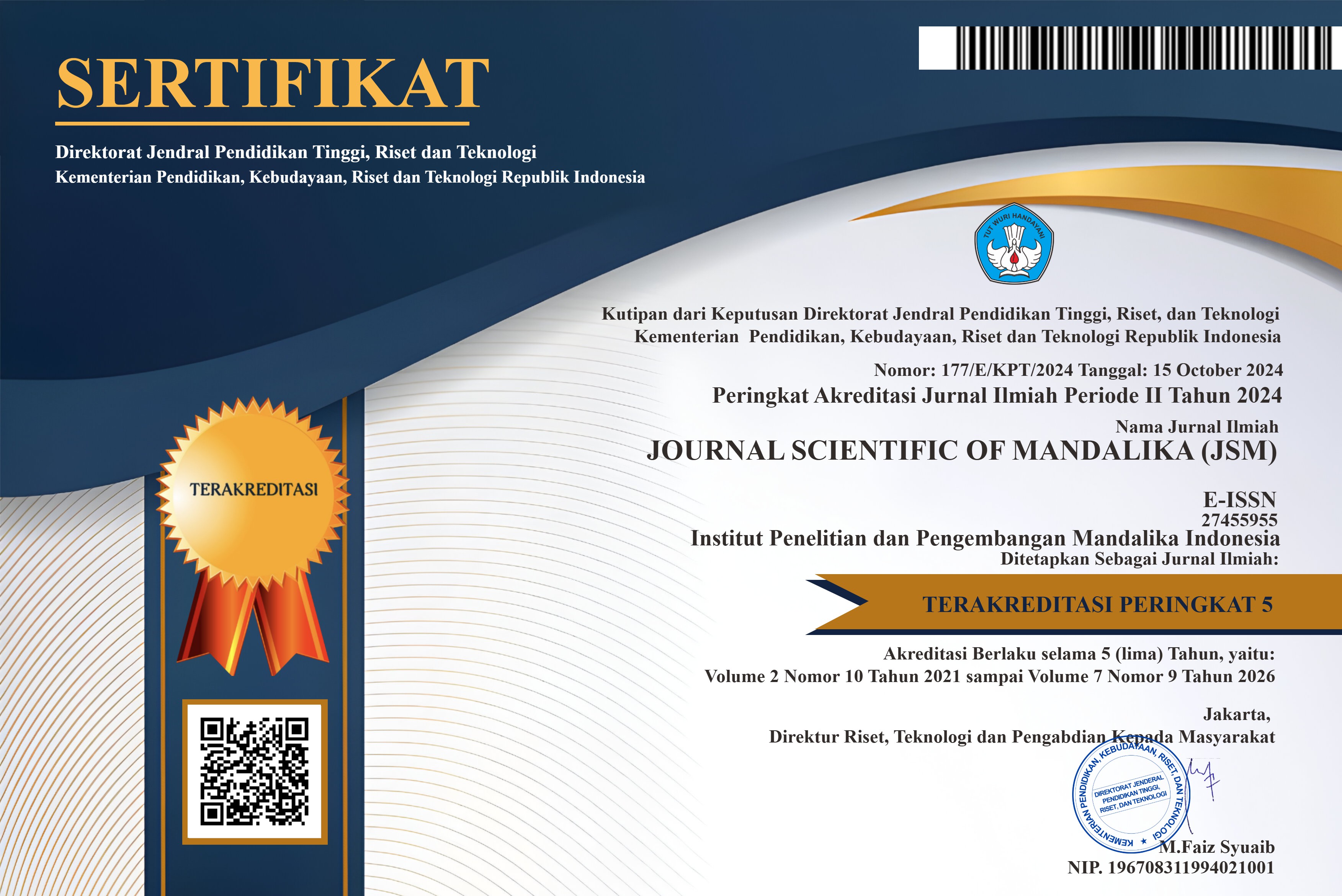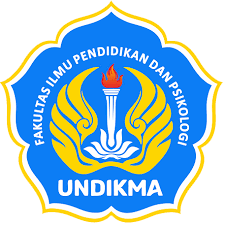Analisis Dampak Penggunaan Virtual Reality dalam Simulasi Pelatihan Kesiapsiagaan Bencana Alam Berbasis Sistem Informasi
Abstract
Natural disasters are unpredictable phenomena and often cause significant impacts, both economically and socially. Therefore, community preparedness in dealing with disasters is very important. Virtual Reality (VR) technology has evolved as one of the effective disaster preparedness training methods due to its ability to provide realistic simulation experiences without real risks. This study aims to analyze the impact of the use of VR in information system-based disaster preparedness training simulations. The method used in this study is a literature study, by examining the results of various previous studies on the implementation of VR in the context of disaster preparedness training. Data were collected from various scientific journals, conference proceedings, and relevant research reports. The analysis was carried out in a descriptive-qualitative manner with a content analysis approach. The results show that the use of VR in disaster preparedness training has several key benefits, including increased participants' understanding of evacuation procedures, increased involvement in VR-based simulations, and effectiveness in building mental preparedness and rapid response skills in emergency situations. In addition, the information system integrated with VR is able to provide real-time feedback and increase the effectiveness of training. In conclusion, VR is a potential tool in improving disaster preparedness, and its implementation needs to be expanded to reach more community groups. The implications of this study suggest that the development of VR in disaster preparedness training must continue to be improved through technological innovation and integration with more sophisticated information systems.
Copyright (c) 2025 Toar Romario Sigar

This work is licensed under a Creative Commons Attribution-ShareAlike 4.0 International License.













